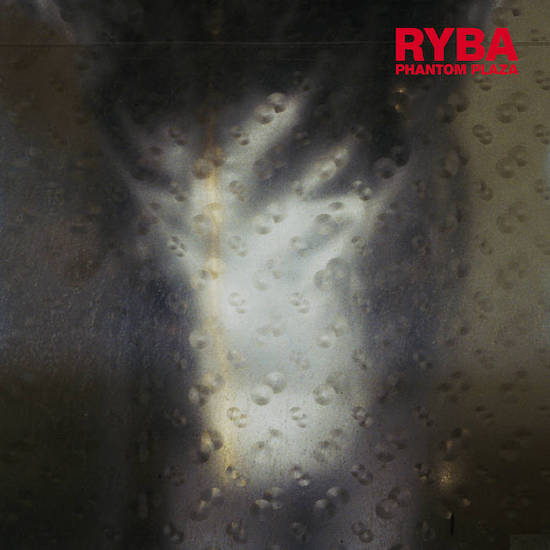No need for a preamble here. RYBA are an Icelandic/Polish seven-piece on their second album, a record described as consisting of ‘scenes’ rather than songs. This is a fitting description on multiple levels; not only are the influences of Ennio Morricone and Brian Eno abundant on this album, not only do most of the tracks seem born to appear in some misbegotten indie film a few years down the line, but the group’s lyrical approach has the feeling of collage film, of scenes thrown together in haste. Short phrases often repeat, like half-remembered dream fragments, and the record’s production heightens the effect with its washed-out guitars, krautrock rhythm section and low-volume vocals. Film score samples also naturally abound, such as on ‘Too Bad, You Should Know…’ which is abruptly followed by the album’s loudest moment, the Stooges-on-modafinil belter ‘Alltof mikið’. On fifth track ‘Wyglądają Naturalnie’, this is confounded somewhat by a more straightforward cut, with Polish lyrics that (for a pathetically uncultured Western listener) recall Molchat Doma’s post-Soviet miserablism very nicely.
So yes, it is a post-punk album, but as with so many film composers, the word ‘expansive’ was clearly being thrown around as liberally as the reverb during the recording sessions. The overall effect recalls Portishead via late Swans, a constant brooding and unease that still manages deftness, control and limitless, unimpeded cool – almost too cool for a fat bearded Magic: The Gathering player such as myself. In fact, one might even suggest cold over cool, which is perhaps this record’s weak point; the songs stay neatly within an arbitrated dynamic range, the vocals glitter like morning frost, but there are few moments of release, explosions of the accumulated tension.
Closing number ‘Only 4 You’ lets it all hang out a little more, a cut that’s almost disco-ready for its first two minutes before a bevy of symphonic samples arrive to stir up trouble. However, the highlight is clearly ‘No Going Back’, which lurches reservedly like a wounded Copenhagen drunkard – brimming with resentment and wobbling all over the shop, with the excellent production keeping the ensemble streamlined. The band’s favourite effect (besides reverb) is clearly the chopper, which gratifyingly makes many appearances throughout the record, causing us to reach for proverbial sick bags almost every minute. I mean that in the best way possible. If your bag is feeling uncomfortable (and honestly, what a perfect soundtrack for the modern urbanite) then this should be firmly in it.


